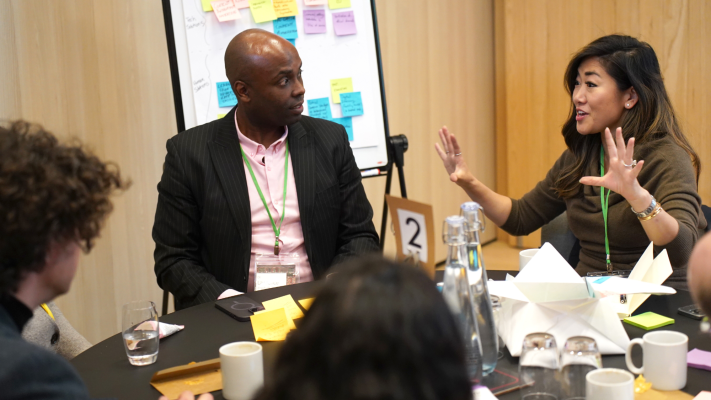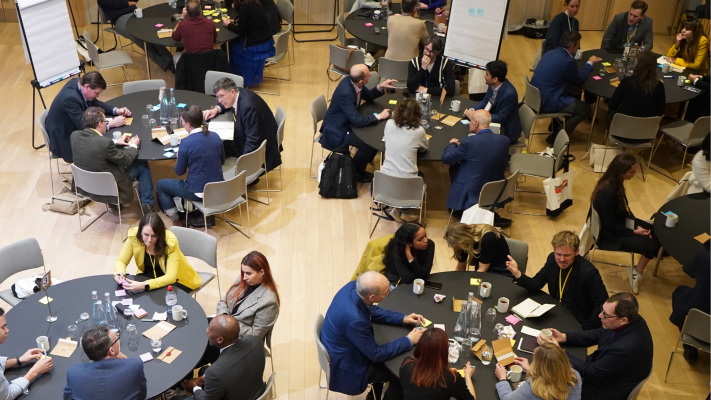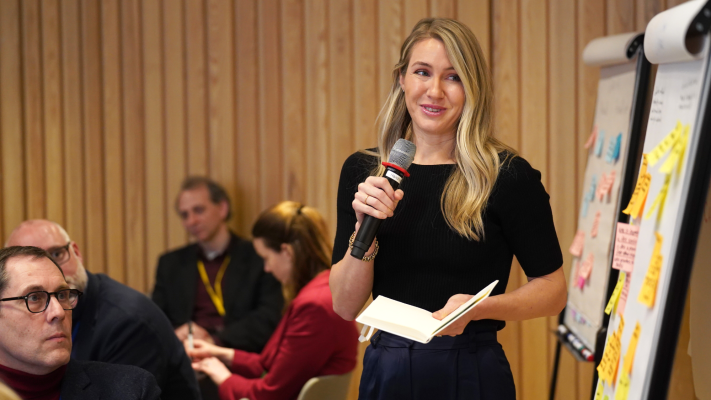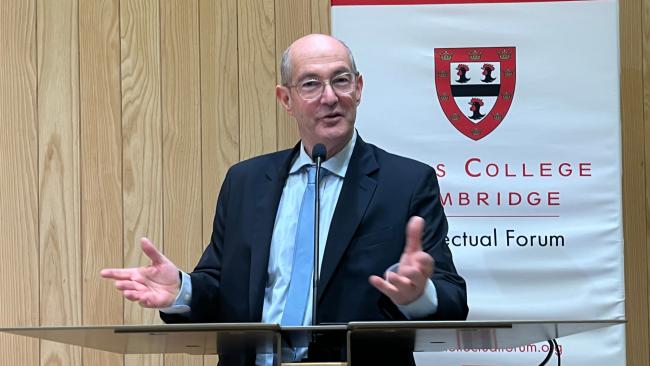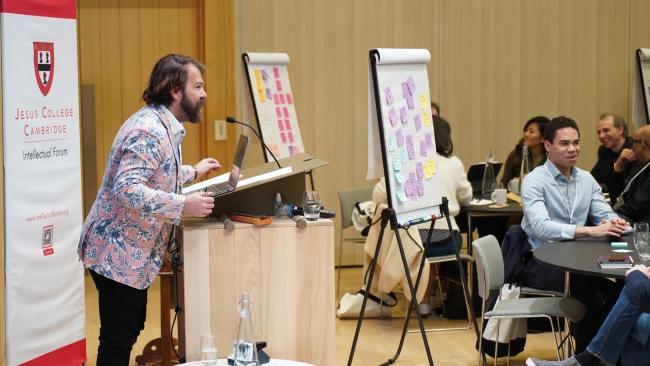
Leaders in Responsible AI Summit 2024
The 2024 Leaders in Responsible AI Summit, hosted by the Intellectual Forum this March, convened commercial, civil, defence, and academic leaders in Responsible AI from around the world. AI has come so far in such a short time – where is it going next?
This was the second of an annual series of events sponsored by Mission Control AI. This year’s Summit, which was co-sponsored by Booz Allen Hamilton, sought to answer some of the most pressing questions surrounding AI and its place in the modern world.
In the year since the first Summit, the landscape of generative AI has evolved quickly. As Mission Control CEO Ramsay Brown wrote in the Summit pre-reading: “It’s worth noting that at last year’s Summit, the best that Generative AI could do was Will Smith eating spaghetti that looked like nightmare fuel. 12 months later, we’re at SoRA (a new generative AI software by ChatGPT creators OpenAI)”.
The questions that the delegates considered at this year’s Summit reflected not just the progression of AI itself, but the changing global circumstances in which this technology is developing.
During a full day of hands-on exercises, delegates from more than 60 organisations tackled novel challenges in two critical topics: how to strengthen democratic elections in the age of synthetic intelligence and media; and the missing practical steps for operationalising Responsible AI at scale.
Both of these questions are pressing to consider in light of how quickly AI is progressing against a changing global backdrop. AI-generated media, including words, voices, images, and videos, are becoming increasingly realistic and easy to produce. In a year when more than 60 major democratic contests are being held around the world – meaning more than 40% of the world’s population will be eligible to go to the polls – delegates were tasked with finding solutions for how to insulate democratic elections against potential interference through Generative AI.
In the afternoon sessions, groups worked to put together a set of best-practice guidelines for how organisations can adapt to and utilise Responsible AI, drawing on the delegates’ varied backgrounds and areas of expertise.
Groups worked together to discuss specific questions relating to these two overall themes, rotating teams each session. At the end of each session, groups presented their findings to the room, opening up the discussion to all delegates.
Throughout the day, delegates continued their conversations informally over coffee breaks. Finally, after a day of thoughtful conversation and collaboration, delegates gathered to continue their discussion over drinks: Chat G&Ts and mAI tAIs.
